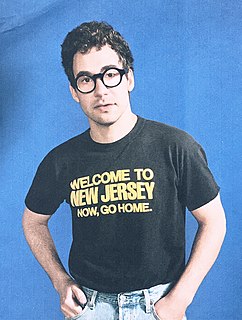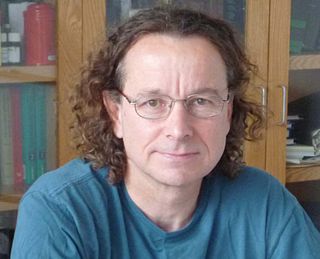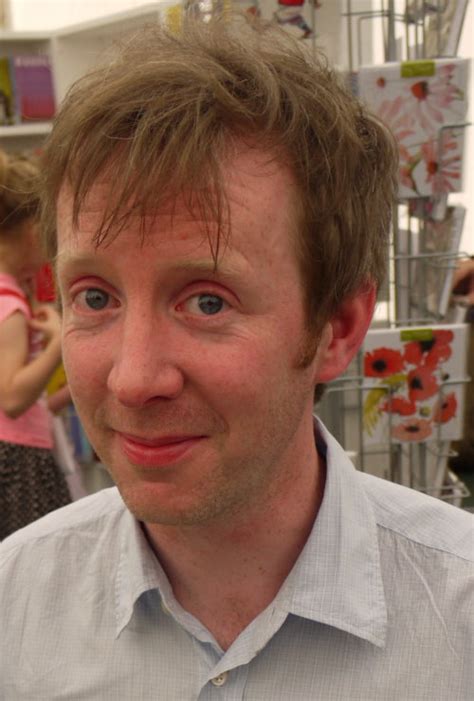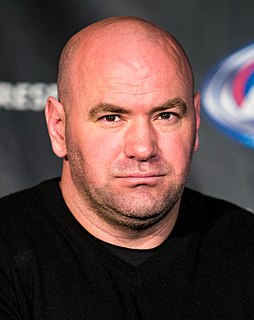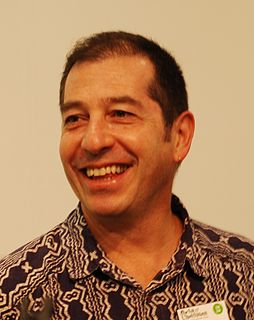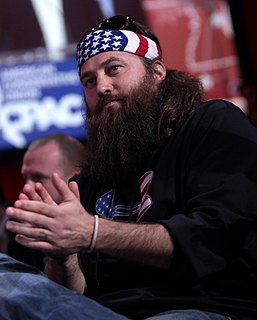A Quote by David Talbot
A lot of my idealism was frustrated by the end of the '60s because of the way things went with the assassinations and the sense that the political establishment was so fixed in its ways you couldn't change anything.
Related Quotes
In North America, people get a sense that something is really wrong in government and in our culture. There is a corruption, not only in politics, but of spirit as well, when people are so quick to be violent with one another. I think everybody would like to be able to find a solution to make things better. We have the desire to reform inside of us, and we get frustrated because we don't know how to change things, even if it comes to our own behavior. Sometimes you get frustrated because you don't know how to stop that thing that you know is either hurtful to yourself or someone else.
The political world is changing rapidly. What the establishment has learned, what the Democratic establishment, the Republican establishment, the media establishment, is the world is not quite what they thought it was. With the middle class disappearing, with people working longer hours for lower rages, with people worried about the future of their children, what you are seeing is a lot of discontent at the grassroots level all over this country. And that's what's going on right now.
History, in the end, is only another kind of story, and stories are different from the truth. The truth is messy and chaotic and all over the place. Often it just doesn’t make sense. Stories make things make sense, but the way they do that is to leave out anything that doesn’t fit. And often that is quite a lot.
I don't know what you wanna describe as Rock 'n' Roll, but I certainly thought that 60s stuff, Bob Dylan and the Beatles, changed the world a little bit. But the effect seems to have retreated. I think it's harder than we think to change the world. These things go in cycles. It doesn't seem to have done an awful lot of good, does it? You know, all the talk of racial harmony and equality in the world... we haven't got a long way since the 60s.







